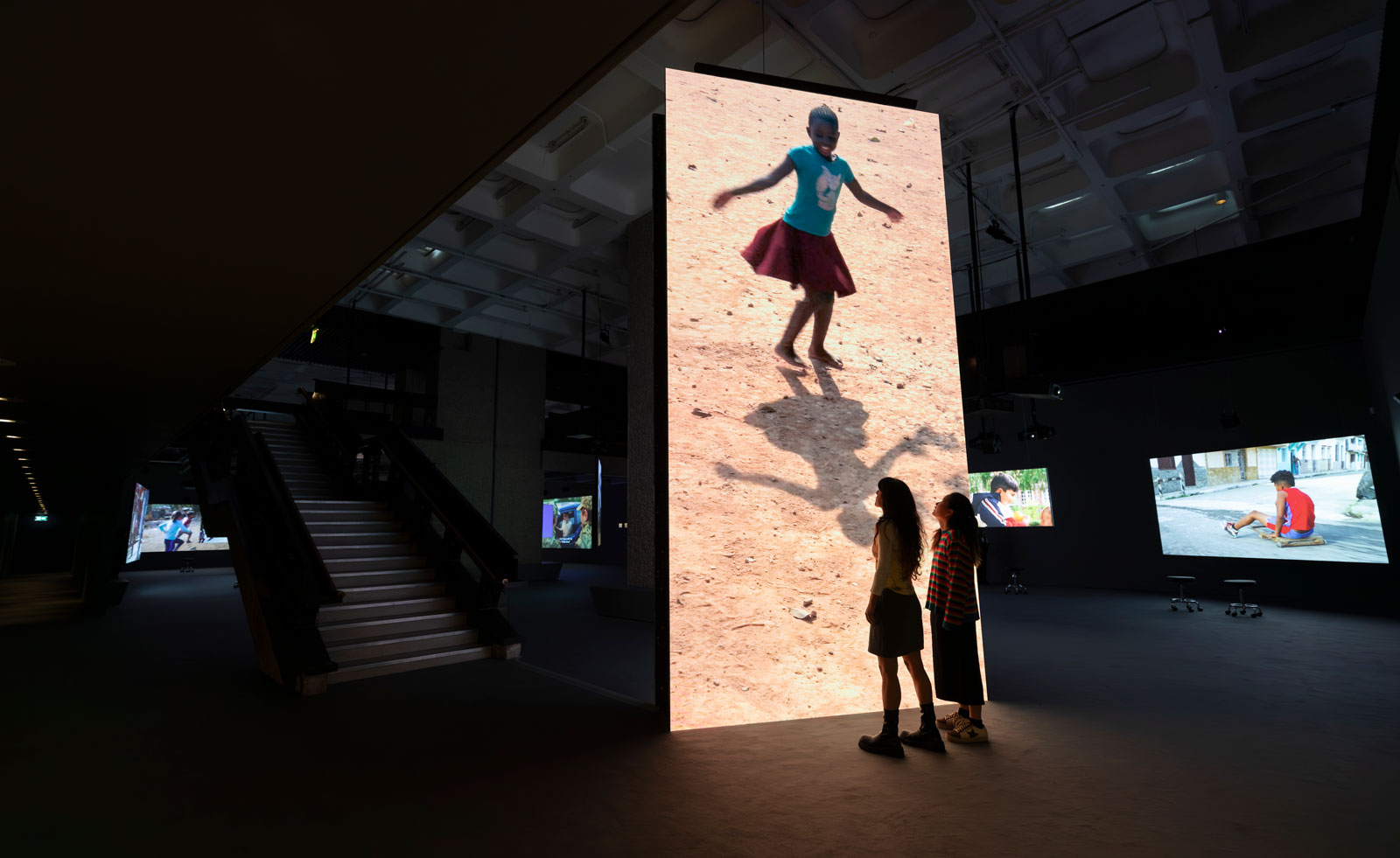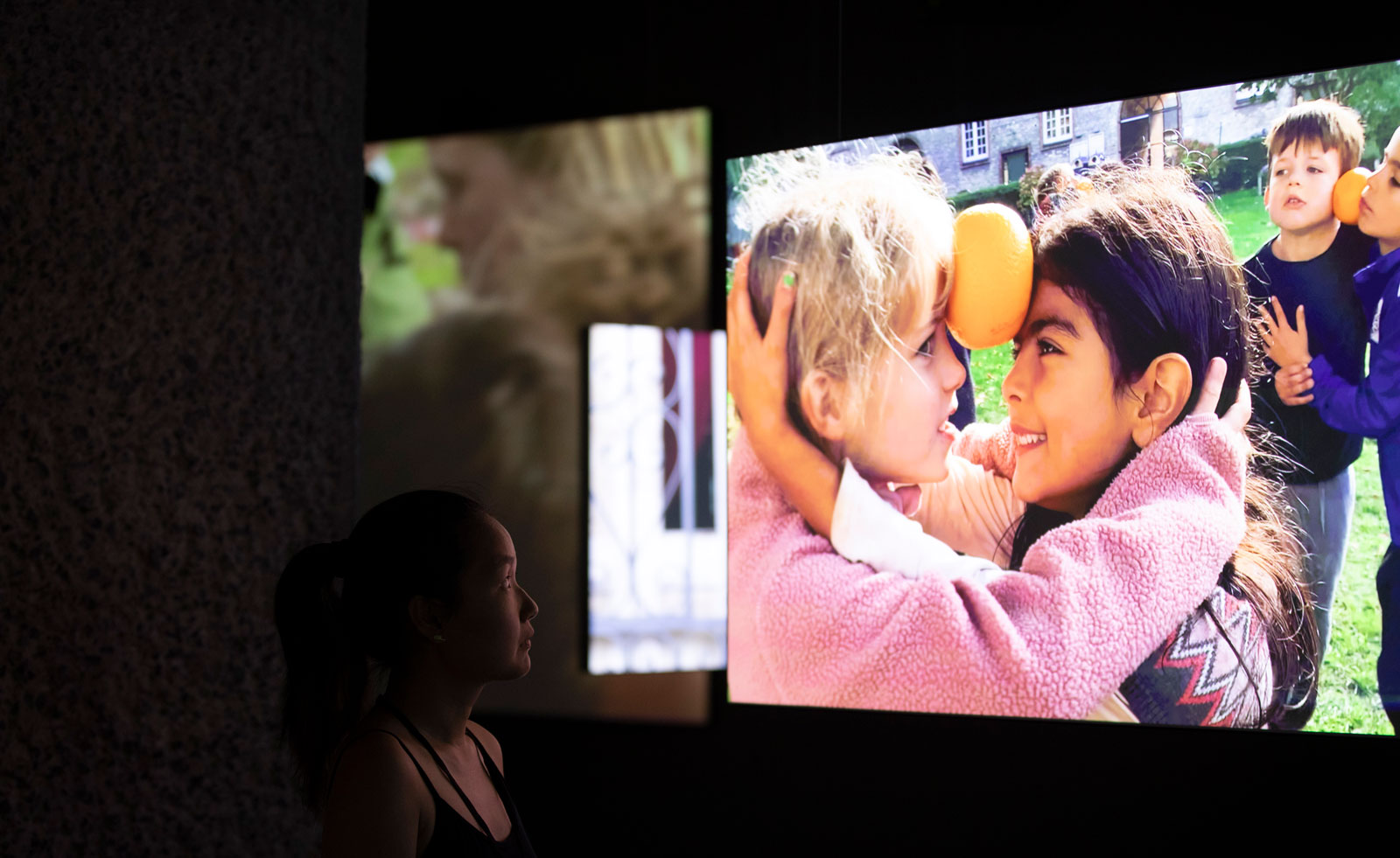
Francis Alÿs has been making thoughtful, surprising, poignant, conceptual works of art for four decades. He left his native Belgium for Mexico City in the early 1980s and since then his work has taken him around the world, making work in Morocco, Jerusalem, Wolfsburg Germany, Mosul and Cuba. His exhibition ‘Ricochets’ is currently showing at the Barbican in London and explores a long-running project made alongside his other work, a documentation of children playing in 15 countries around the world.
Alÿs left his career as an architect to become an artist when he left Belgium, and went on to become a much-loved and storied member of the artistic community, representing both Iraq and Belgium at the Venice Biennale. His film, painting and drawing practice is both highly conceptual – he has worked with performance, as well as directing others to perform.
Alÿs first filmed children playing games in 1999 and has referred to the films as footnotes that run throughout his practice. Over the last 20 years, he and his collaborator Rafael Ortega have made these films, but it started off as a solo practice and was almost a grounding ritual when the artist arrived in a new place.
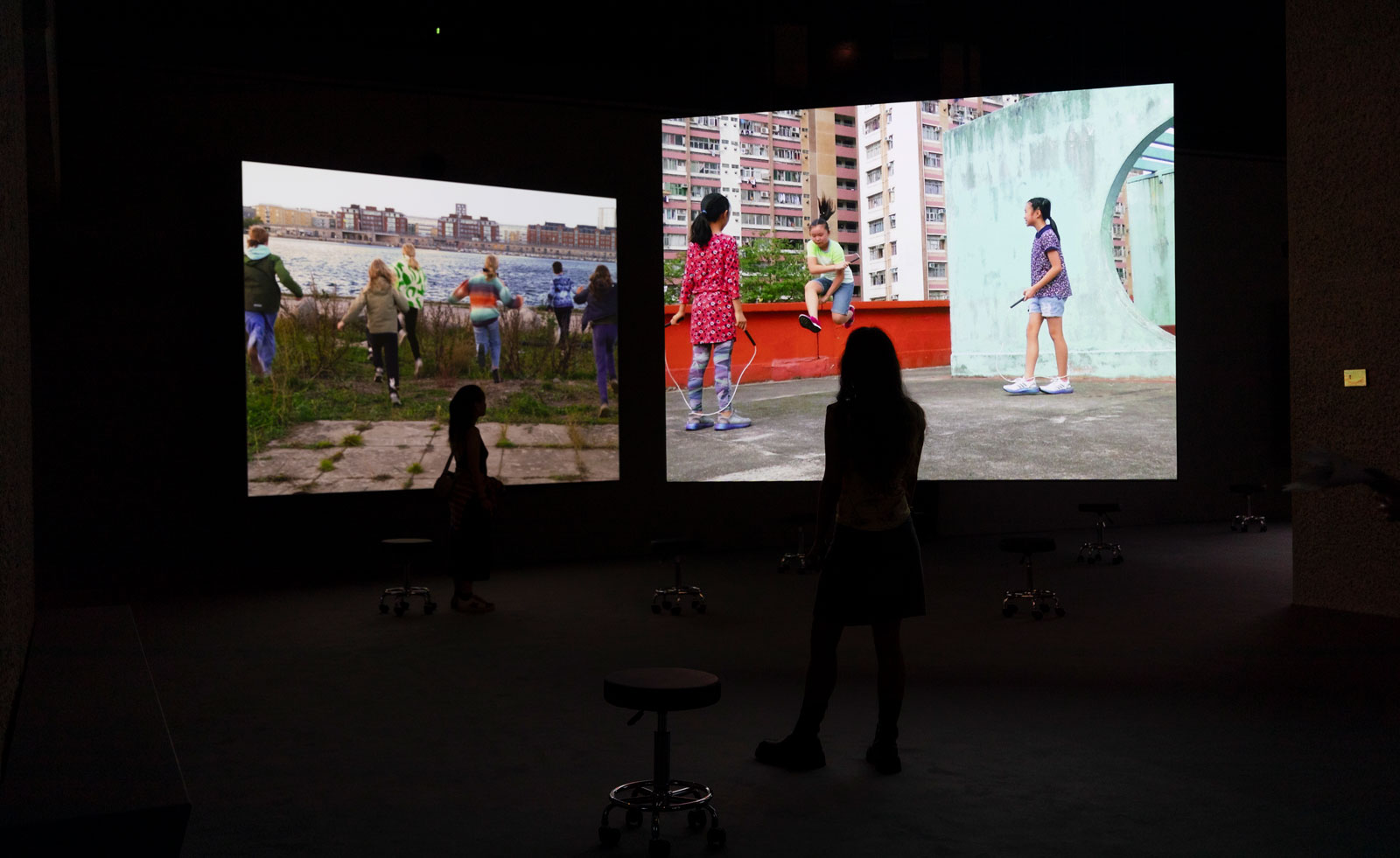
There are rules to the project. The children have to be playing independently and preferably without props, permission is gained and when possible the final films are shown to the children who have participated in the project.
‘It started in a completely casual way of me just seeing a correspondence in between projects I was working on and situations of children playing in the street,’ Alÿs explains. ‘In particular, I was working in 1999 on the project of the red Beetle car going up and down a hill and so I came across this kid kicking a bottle, up and down a hill in the suburbs of Mexico City, and it was obvious.’ He also recalls seeing children skimming stones across the water while working on the image of a bridge between the African and European shores of the Gibraltar Strait.
‘Later on, it became a way of making contact and whenever I would arrive somewhere, the discussion would be where are the kids playing, in a public space, and going to film them was a very immediate way of understanding local cultural codes; what I can film, what I cannot film, how do people react to my presence, are kids willing to engage? Even if I was to work with adults in that particular context,’ he elaborates, ‘it would give me so many immediate responses about where I was standing. That went on for several years, wherever we went, we started by doing that, largely to sort of break the ice.’
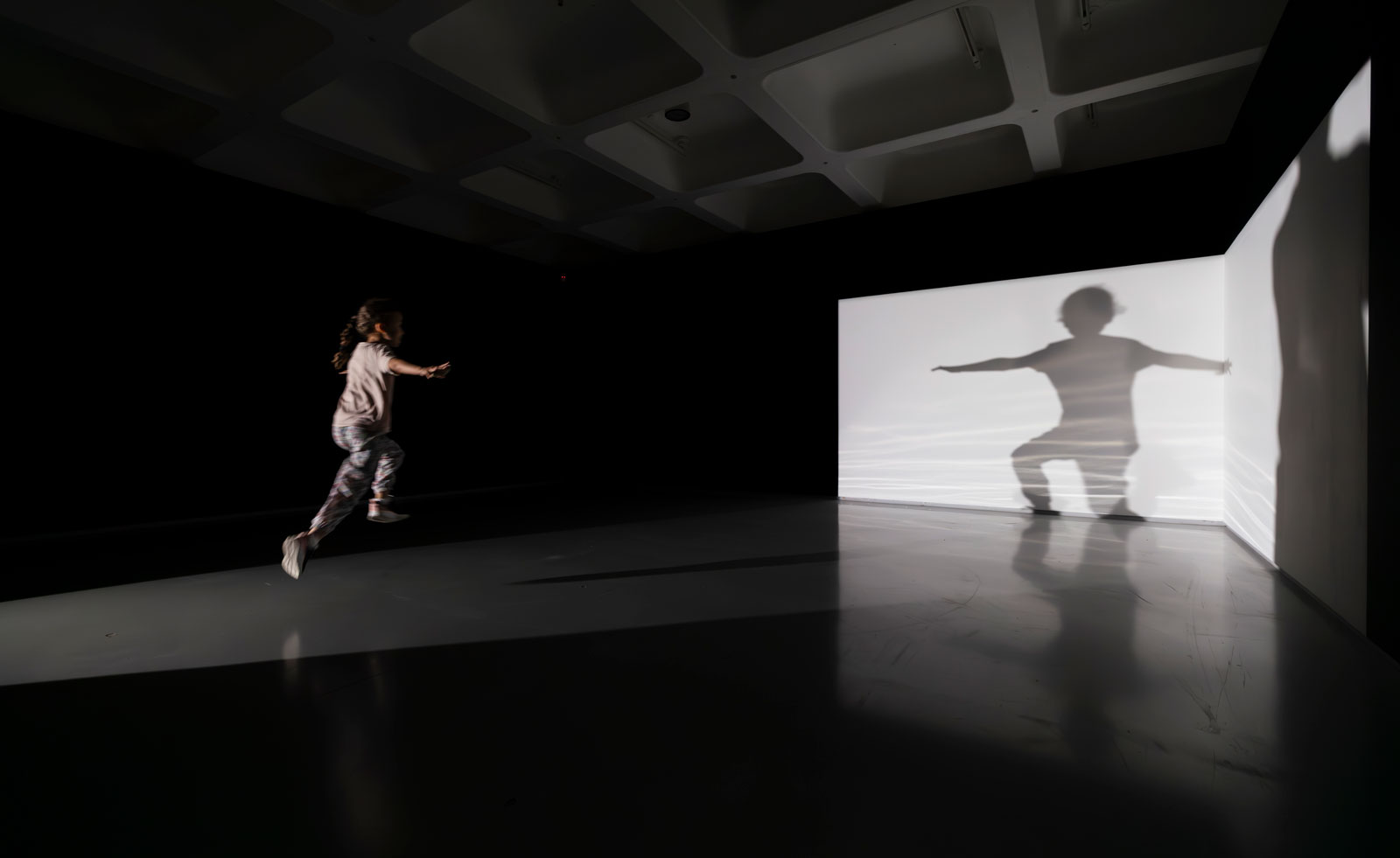
‘Ricochets’ sees the films playing in one central room, punctuated by small paintings from the places where the games from Stick and Wheels to Piedra, Papel o Tijera (Rock, Paper and Scissors) were filmed. Small vignettes of adult or daily life, or landscapes punctuate the space, providing intended ‘pauses’ where one can reflect on the films.
We see kids playing hopscotch in Sharya Refugee Camp, flying kites in Bakh in Afghanistan, sandcastles in rural Belgium and musical chairs in Mexico. The sounds of concentration and joy with the footage of the children entirely focused on play fill the exhibition. Their voices are raucous and the room is dark.
Alÿs’ art has taken him to some places where children might struggle to play freely, from a Yazidi refugee camp in Northern Iraq in 2016 to Ukraine in 2023, where he documented children playing ‘checkpoints’ and ‘sirens’.
‘It's a way for kids to integrate the reality of the war into their daily life and turn the quite dramatic circumstances into something in between playful and fictional. When you are in a war, in the middle of it, the first feeling is that this is insane, how possibly can humans do this to one another? Imagine, a child within that has to find a response.’
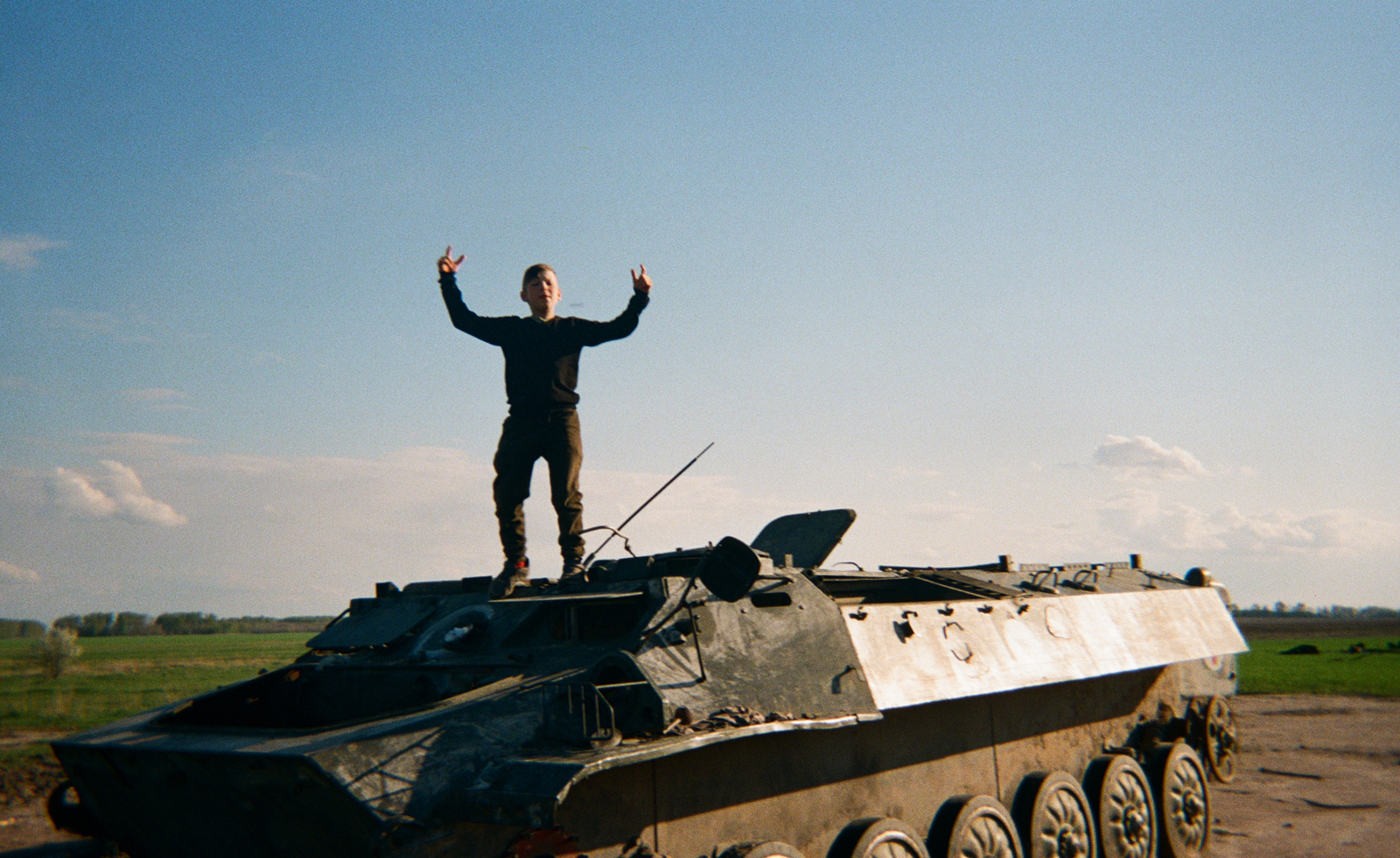
The Ukrainian children documenting their daily lives with disposable cameras
Alÿs, a parent to small children, travels less than he did and long term he sees Children’s Games continuing through another artist or filmmaker documenting more games and more places, highlighting the need for public spaces where children can play and combatting their disappearance.
‘If I compare it to the span of my career, personal history and earlier works where I was the protagonist, I then passed it onto the children and it has reached a stage where I'm ready to pass it on to somebody else. That would be wonderful, that would be the best possible scenario.’
The open nature of the exhibition, unguided and without didactic texts, echoes the work itself, which raises questions rather than offers answers. The films show us something about each location but more about what connects us, with the universality of some of the games being cause for reflection on how much we share culturally the world over. The animations and paintings allow us to process these enormous issues, which however delicately put, require thought.
‘Francis Alÿs: Ricochets’ is at the Barbican Art Gallery until 1 September 2024
